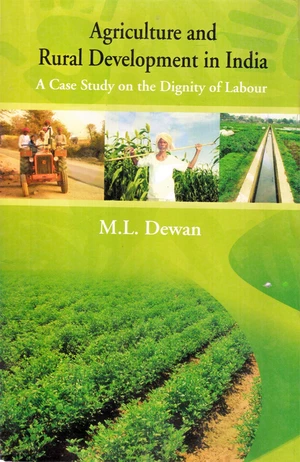Global warming is one of the most serious threats that the planet Earth and its inhabitants may ever face. The Earth's climate has changed throughout the Earth's history-from glacial periods when ice covered significant portions of the Earth-to interglacial periods when ice either retreated to poles or melted entirely. The planet is warming, from North Pole to South Pole, and everywhere in between. Globally, the mercury is already up more than 1 degree Fahrenheit (0.8 degree Celsius), and even more in sensitive polar regions. And the effects of rising temperatures aren't waiting for some far-flung future. They're happening right now. Signs are appearing all over, and some of them are surprising. The heat is not only melting glaciers and sea ice, it's also shifting precipitation patterns and setting animals on the move. Although the science remains uncertain, 1990 marked the year when many governments accepted the impending reality of global climate change. Some governments began to announce targets for reductions in carbon dioxide in order to prompt the international negotiation process. Some governments remain unconvinced that the greenhouse effect is real. Others accept the science, but not the need to act dramatically. This volume is concerned not with the scientific debate as such, but with the basis for climate change policy in OECD countries. Crucial to the whole process of policy development is an assessment of the impacts of climate change.
Price history
Nov 19, 2022
€386.22

